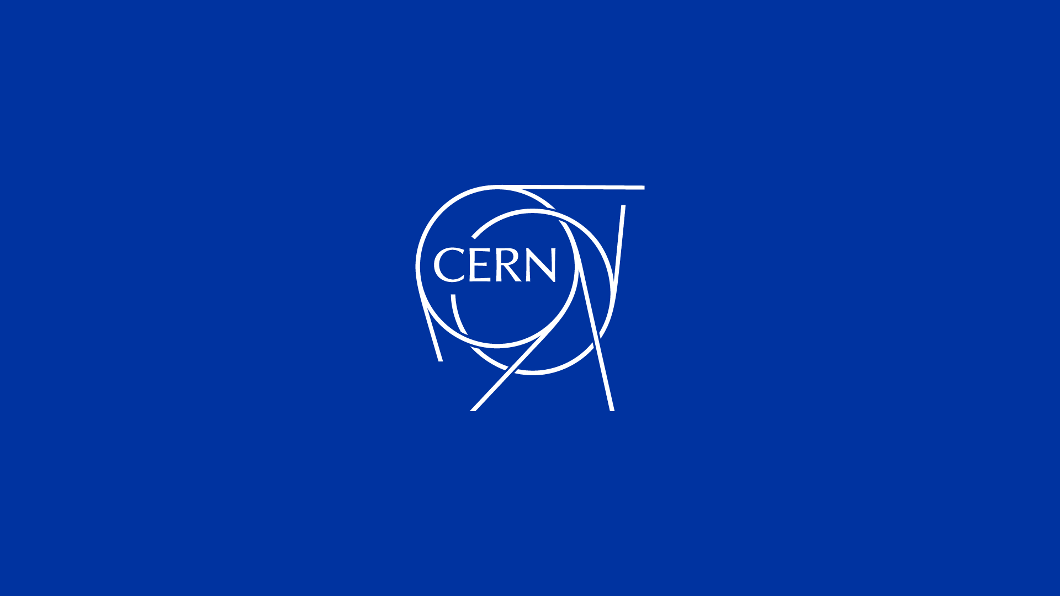
European Organization for Nuclear Research
The European Organization for Nuclear Research is one of the world's largest and most respected research centres for particle physics. Since its establishment in 1954, CERN has operated the largest particle physics laboratory, including the LHC accelerator. Czechia has been a member of CERN since 1993 and contributes to the organisation's budget. Membership brings access to technology, training programmes and research facilities, which supports not only scientific research but also the development of technological innovation and cooperation with the private sector.
The European Organisation for Nuclear Research (CERN) is an international research and development organisation based in Geneva. CERN operates the largest particle physics laboratory in the world, including the largest proton and heavy ion collider, the Large Hadron Collider (LHC).
CERN started in 1954 and currently has 24 Member States, whose representatives meet in the Council, CERN's supreme body. In addition to the member states, the organisation also has a number of states in accession negotiations or observers.
Major discoveries in particle physics have been made at CERN: the discovery of weak interactions mediated by intermediate Z bosons in 1973, the discovery of intermediate W and Z bosons in 1983 (for this discovery C. Rubbia and S. Van der Meer Nobel Prize), in 1989 the results of experiments at the LEP accelerator, the predecessor of the LHC, showed the existence of three kinds of neutrinos, in 1995 the first antihydrogen atoms were created, in 1999 the direct breaking of the combined CP symmetry was discovered.
The big discovery at CERN was the confirmation of the existence of the previously theoretical Higgs boson particle. This, thanks to experiments at the LHC, was discovered by scientists in 2012 and confirmed a year later.
For more information, visit the CERN website.



